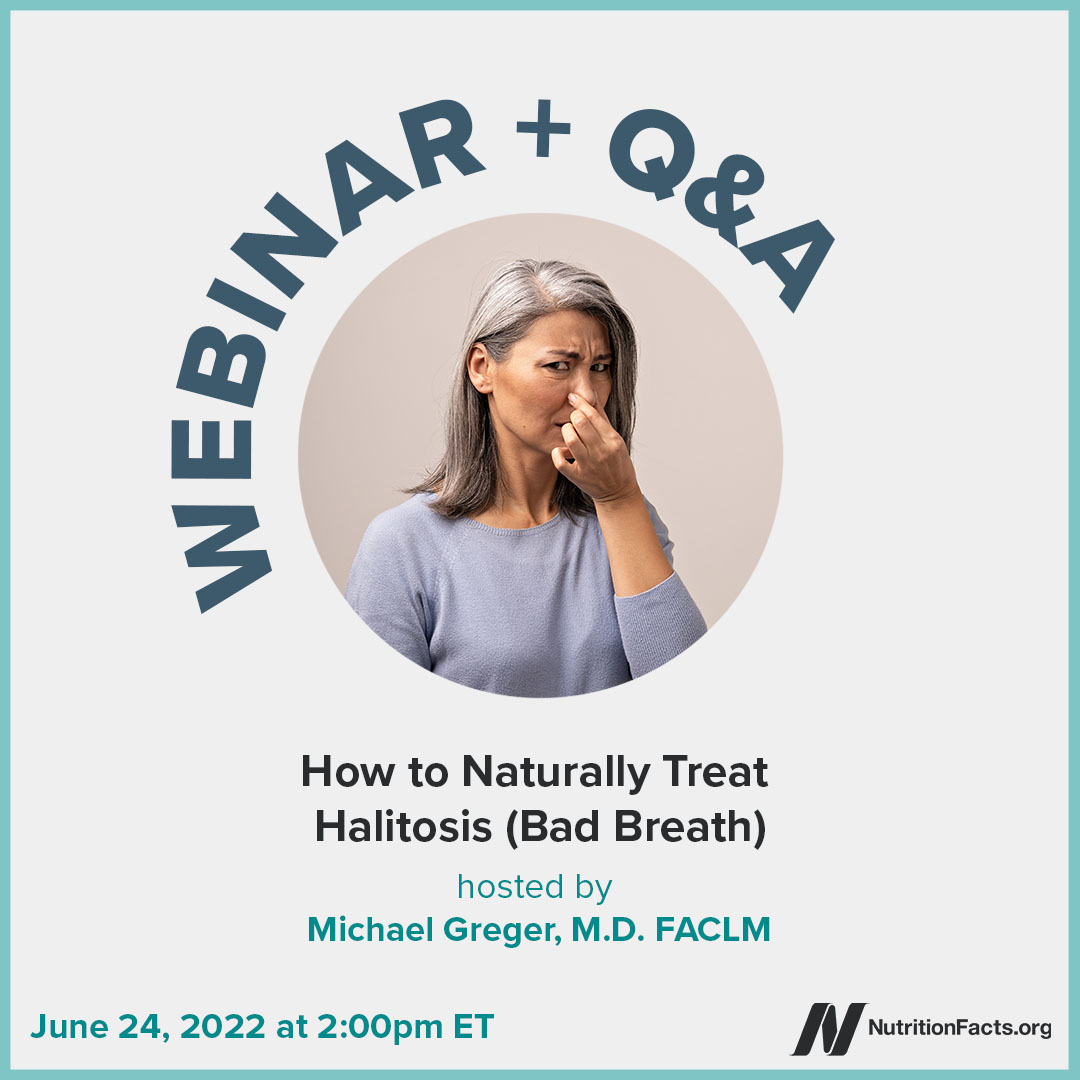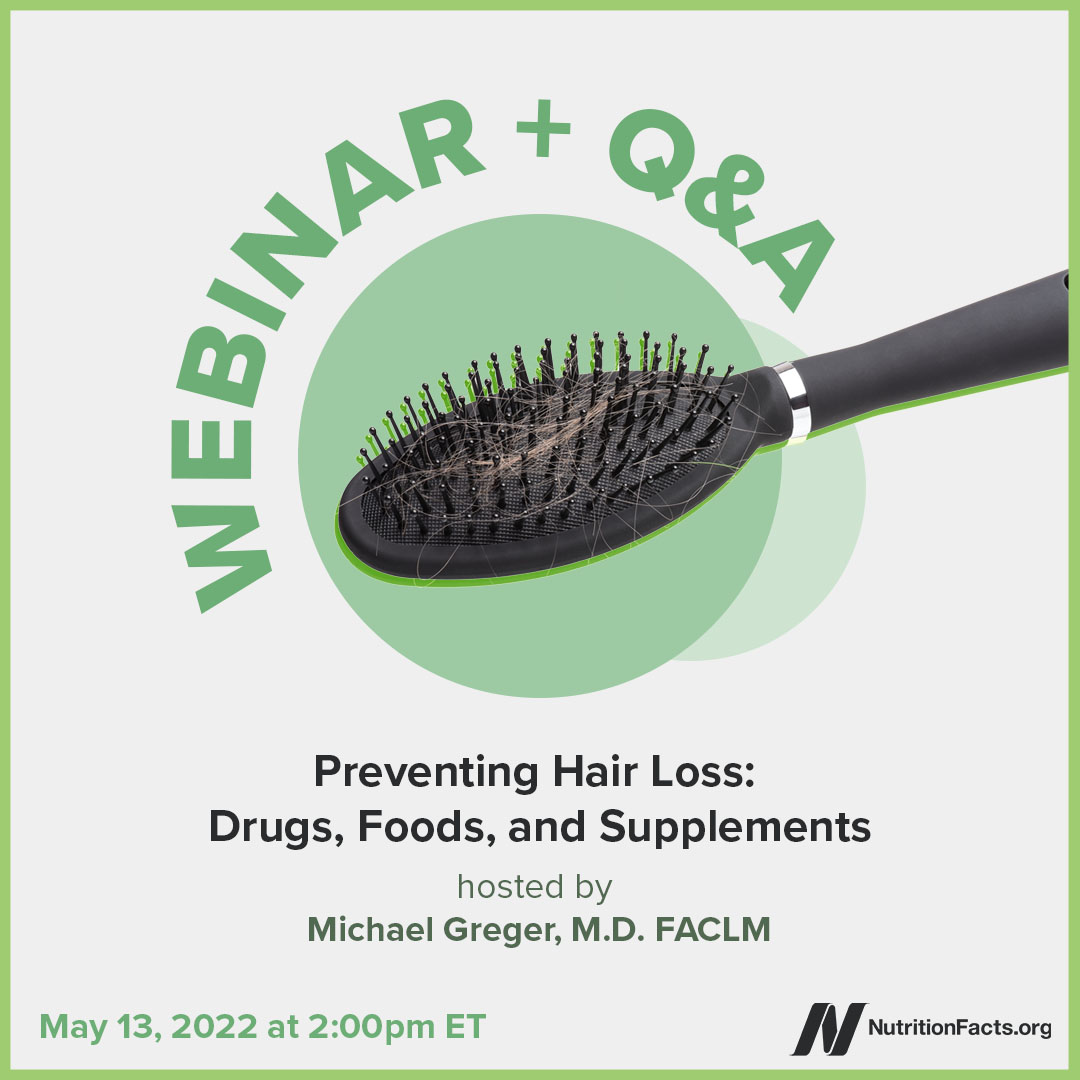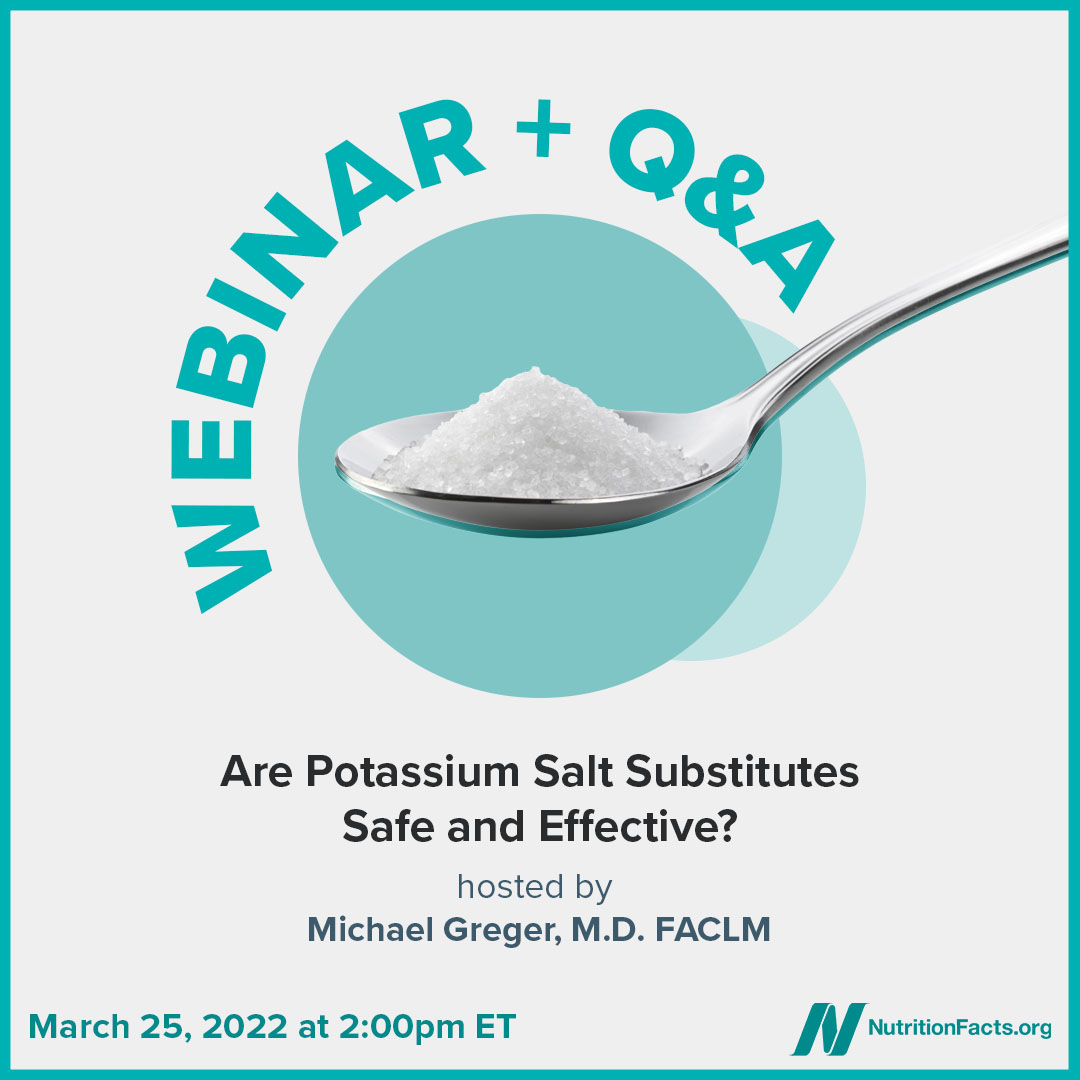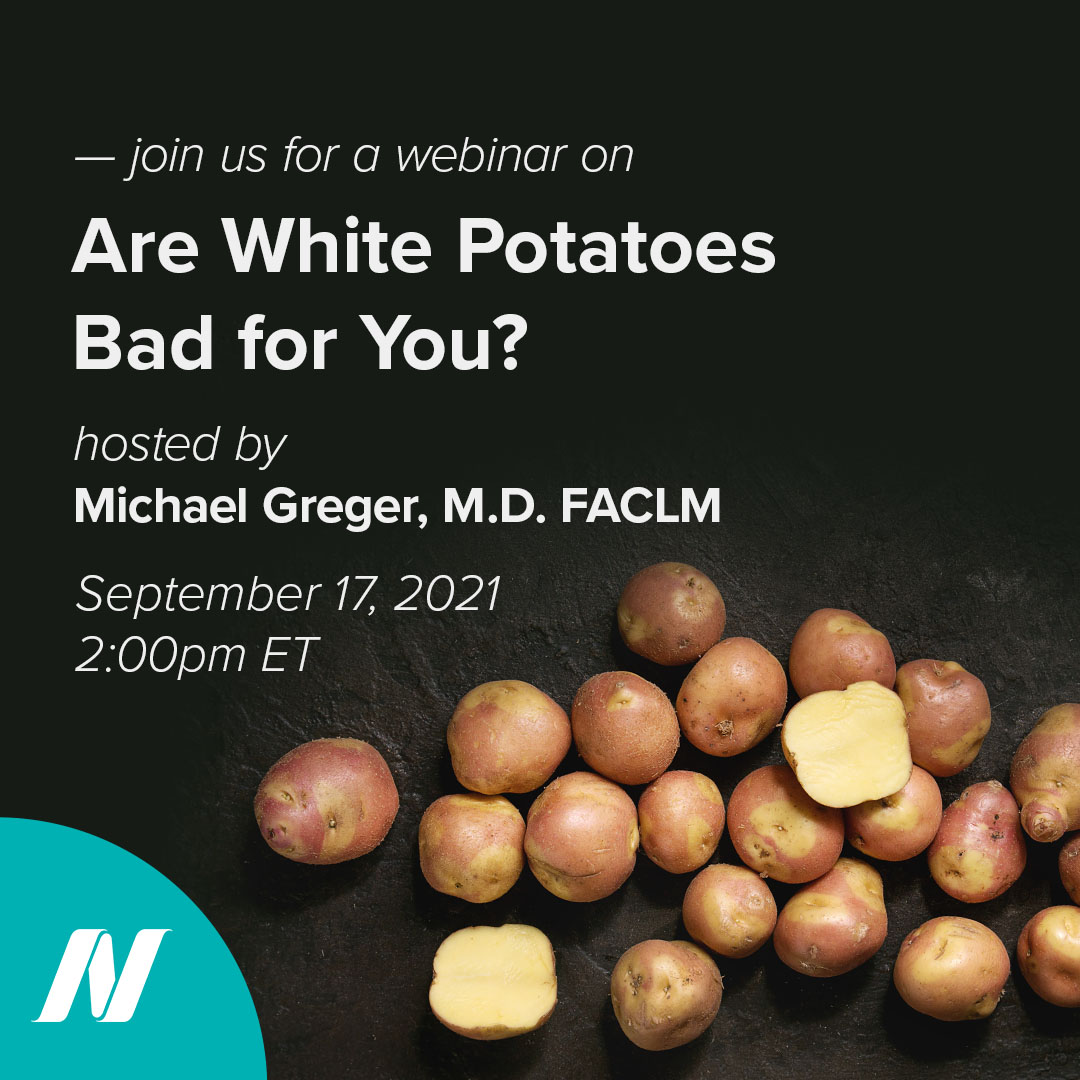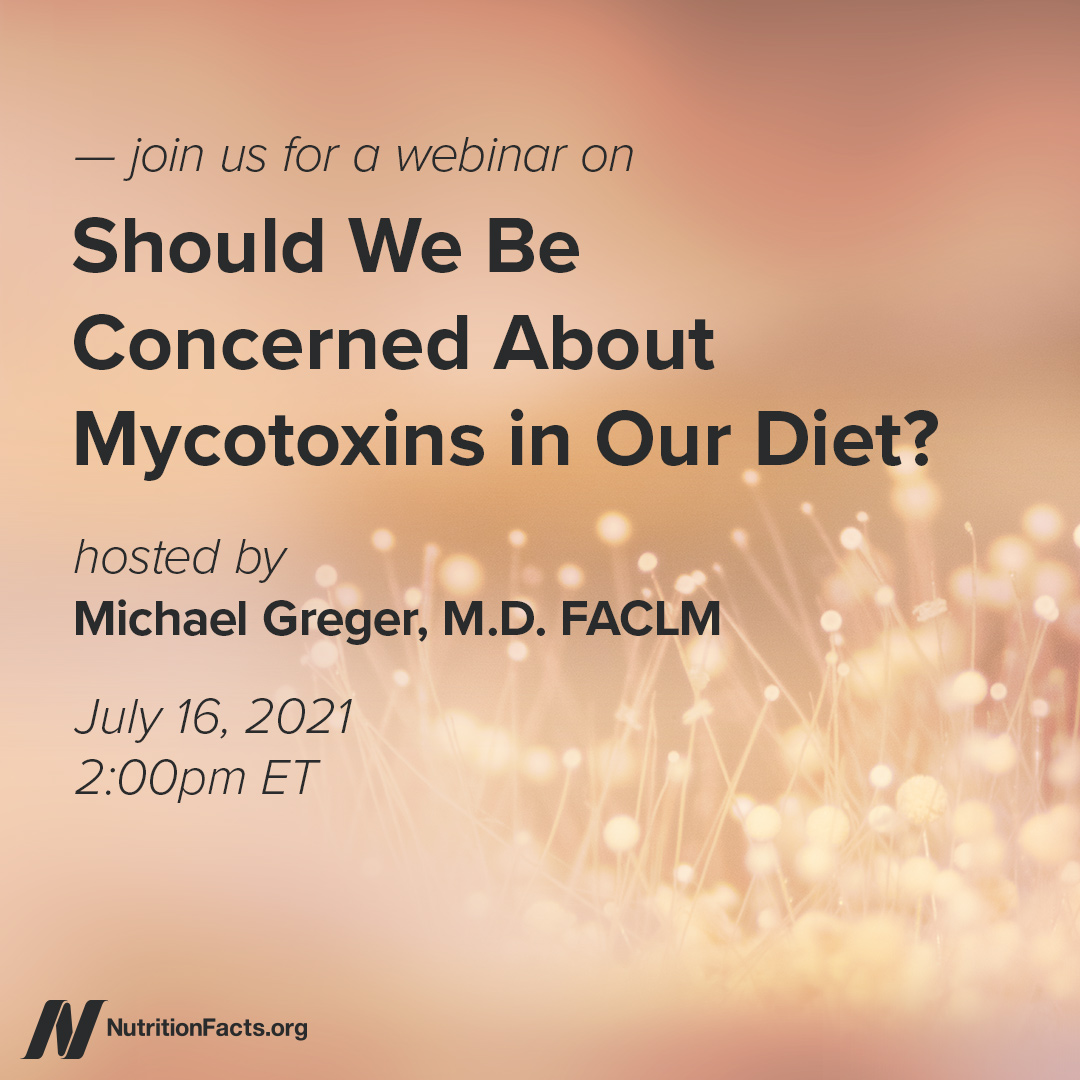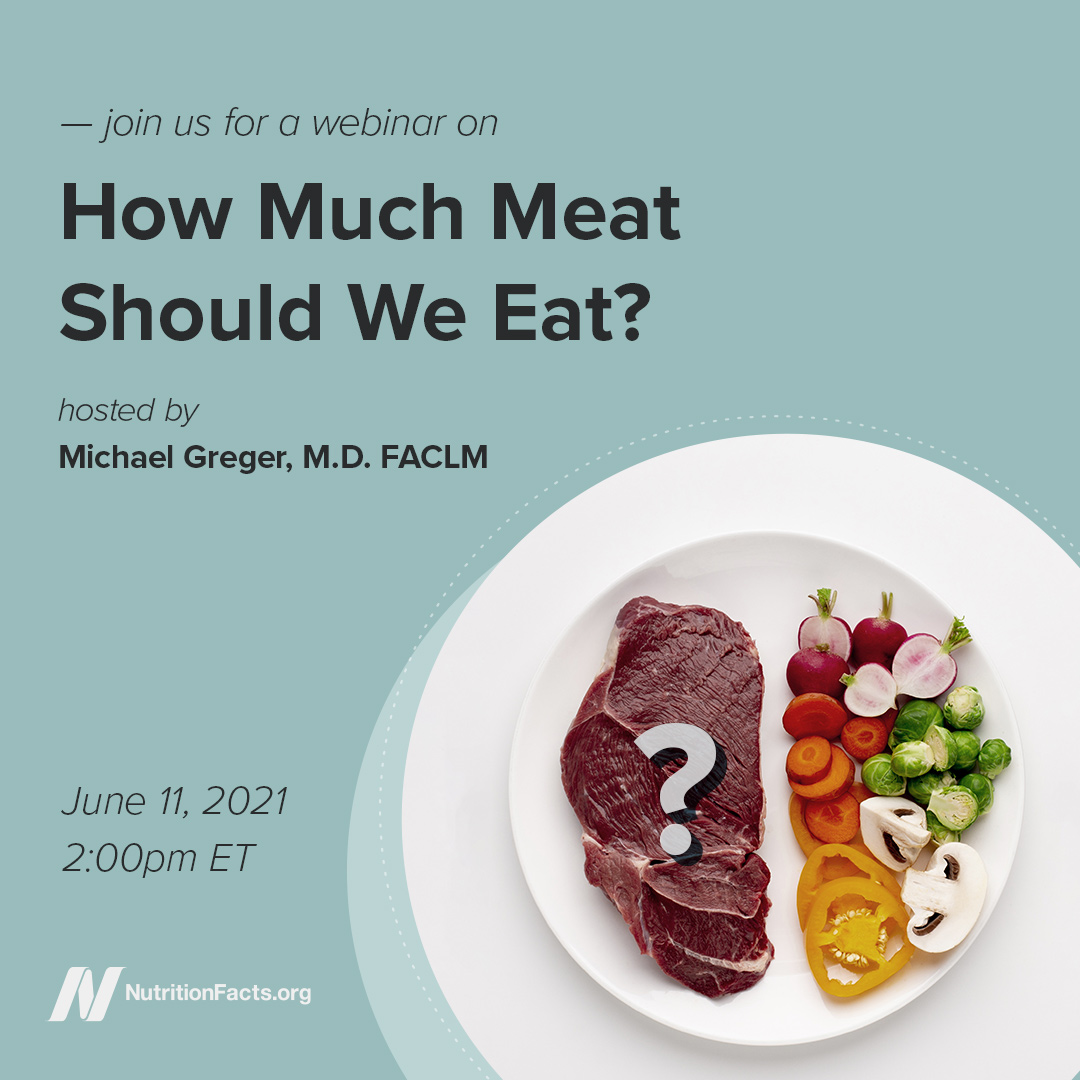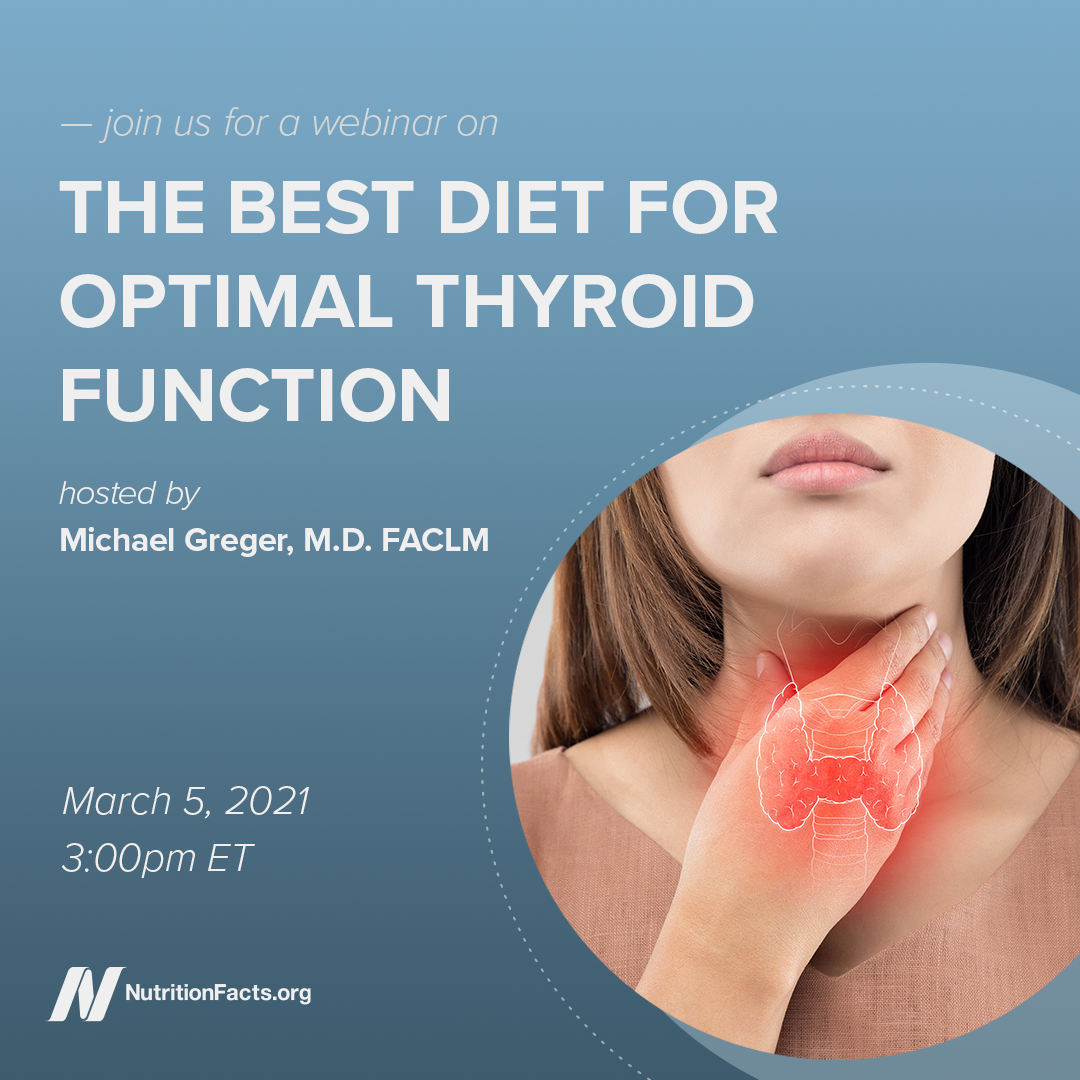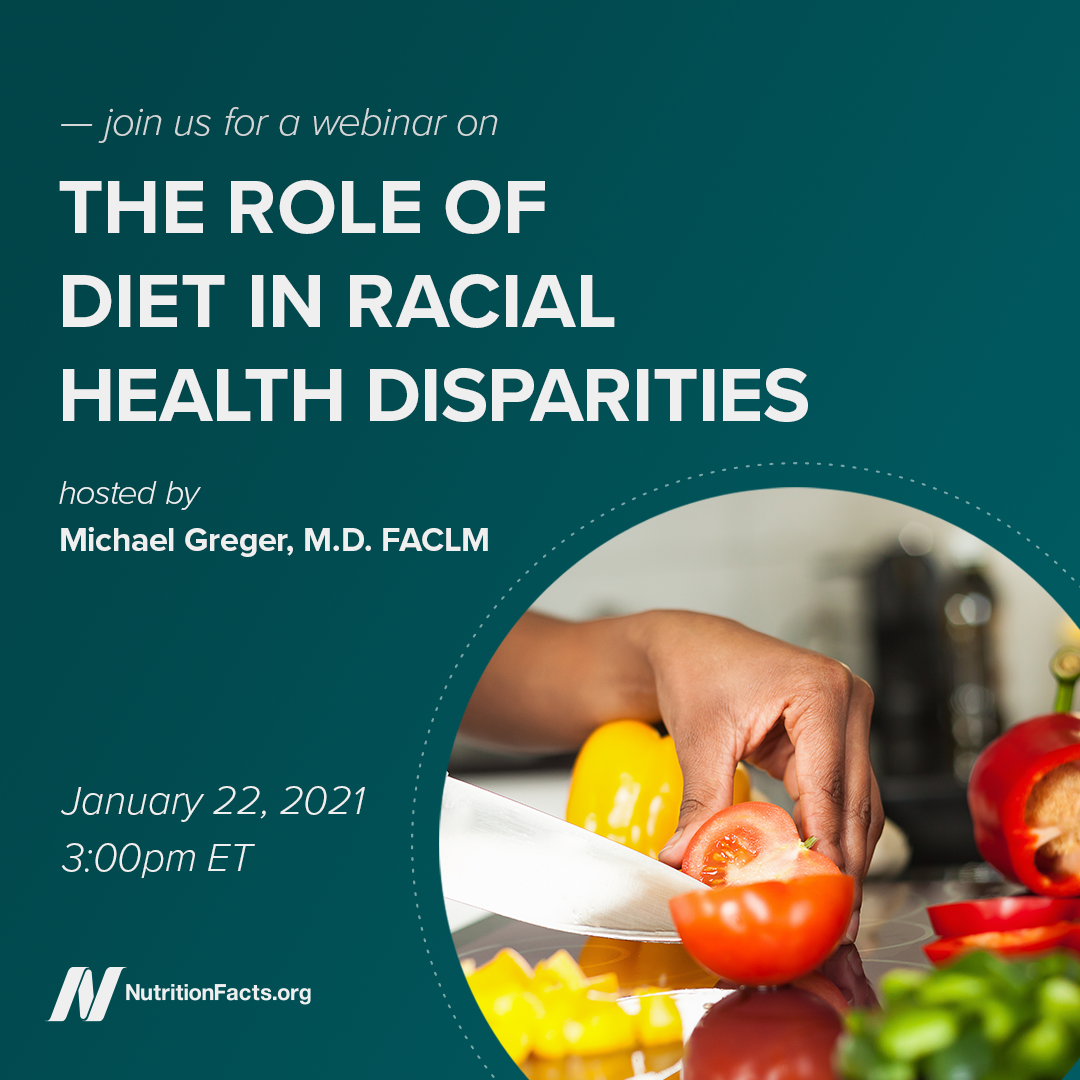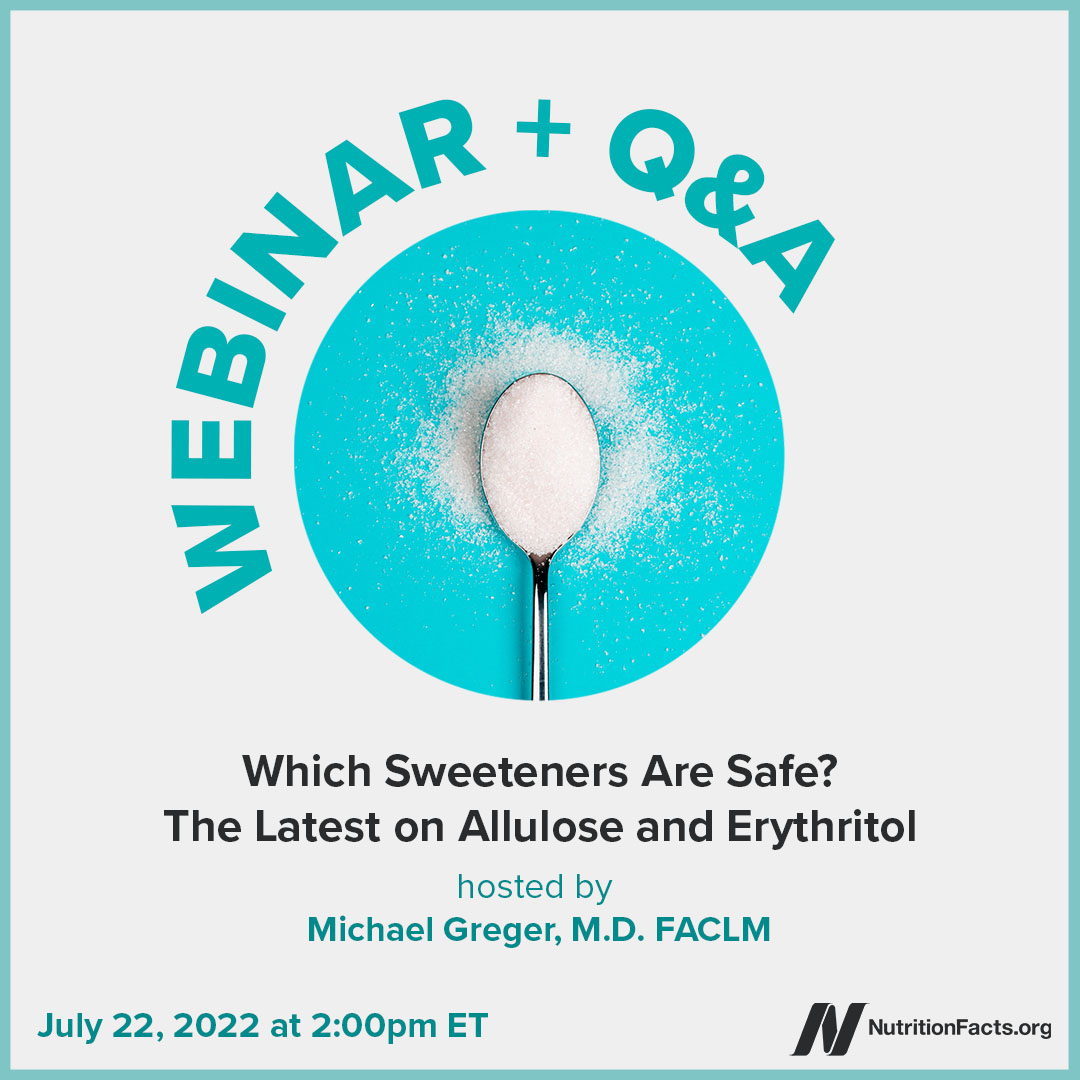
Which Sweeteners Are Safe? The Latest on Allulose and Erythritol
Recording AvailableIndustrial sweeteners have evolved over the decades. Sugar and high fructose corn syrup were the first. The second generation was those artificial sweeteners in pastel packets. We were soon introduced to the third generation, sugar alcohols like erythritol, and now have the fourth, sugars like allulose. I’ve talked about the concerns surrounding both artificial sweeteners and natural sweeteners, such as stevia and monkfruit, but I’ve generally given erythritol a pass. In this one-hour webinar, I’ll discuss the latest research on the health and safety of erythritol, as well as a new sweetener on the block: allulose.
